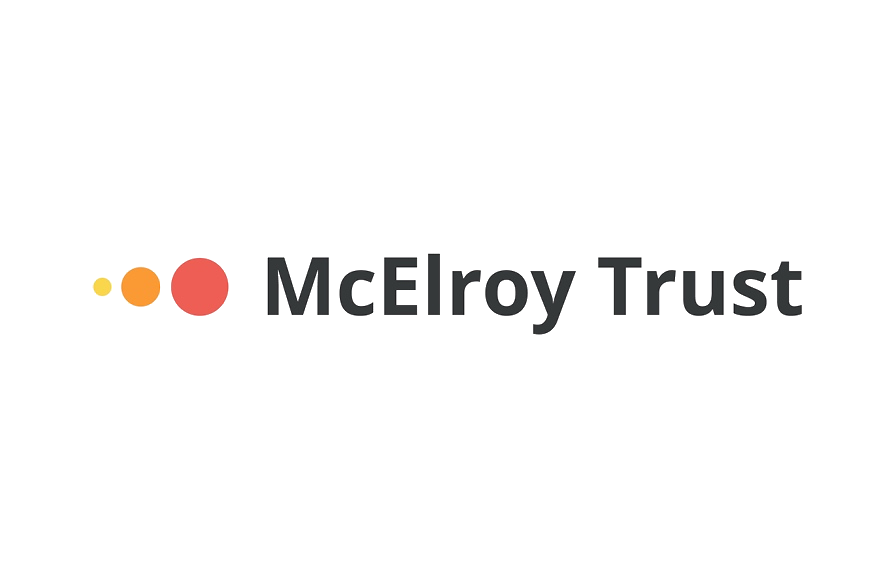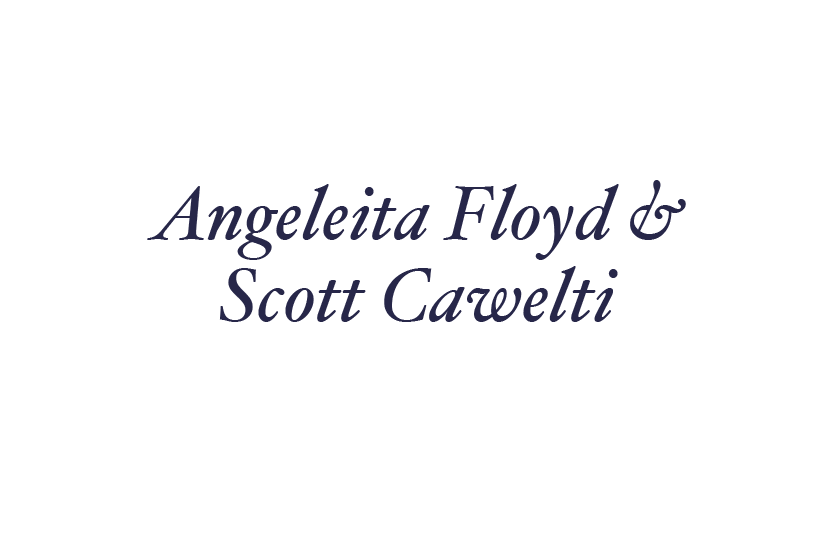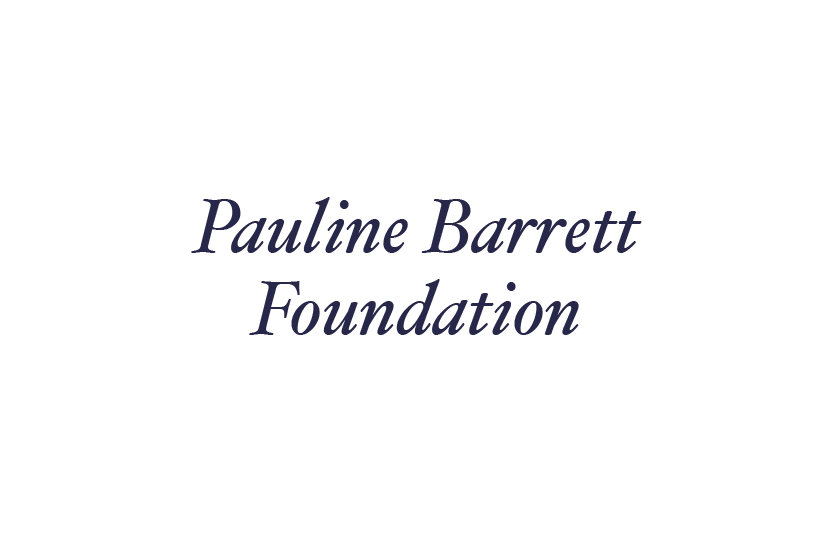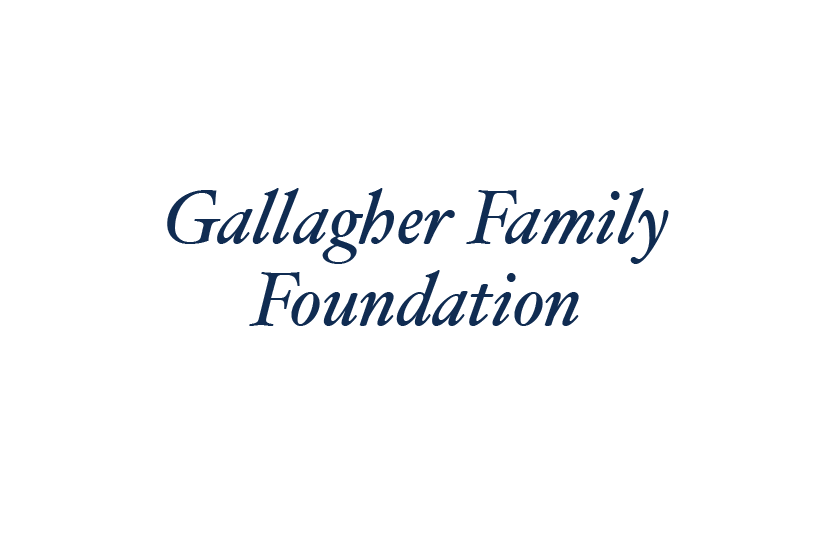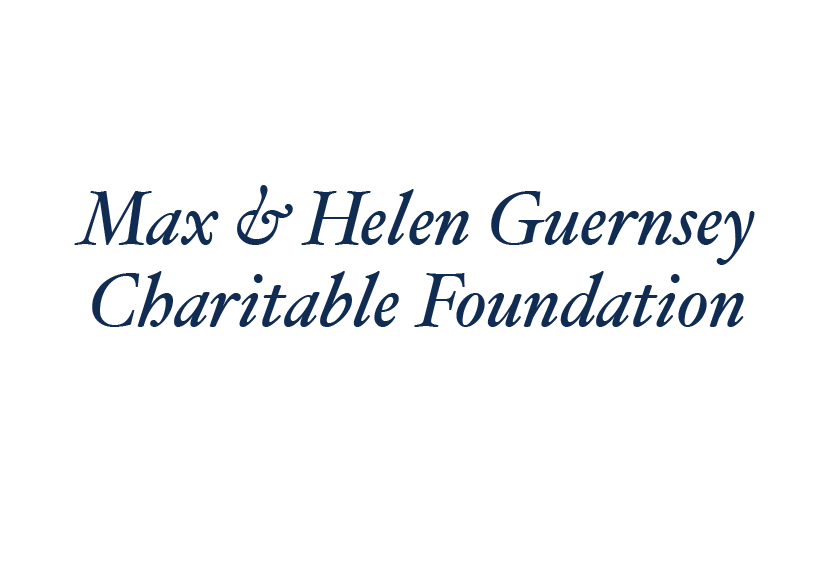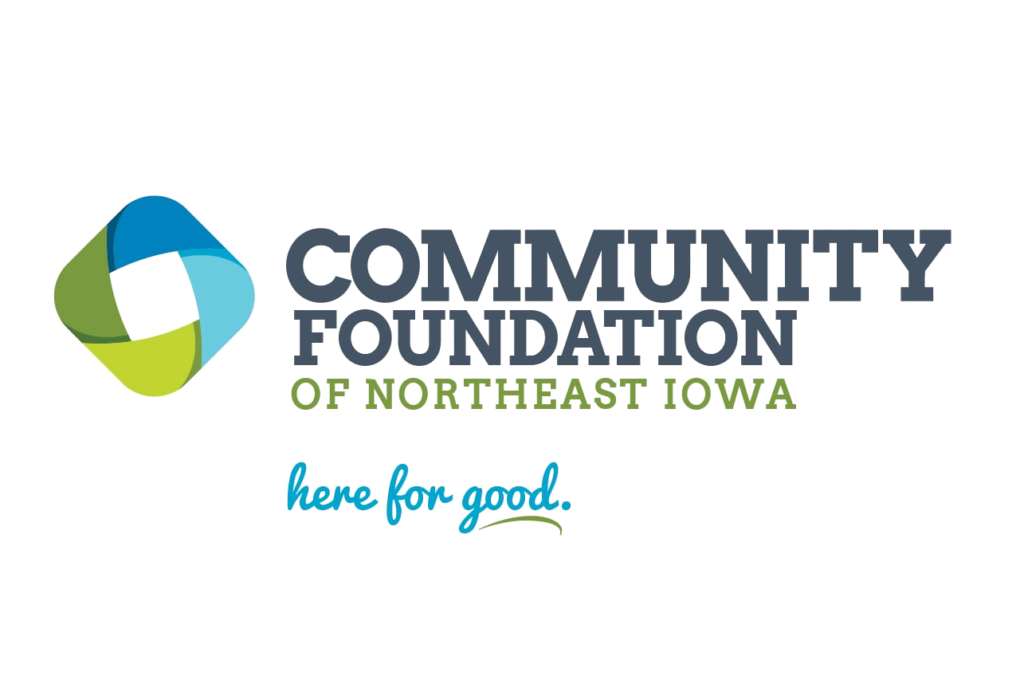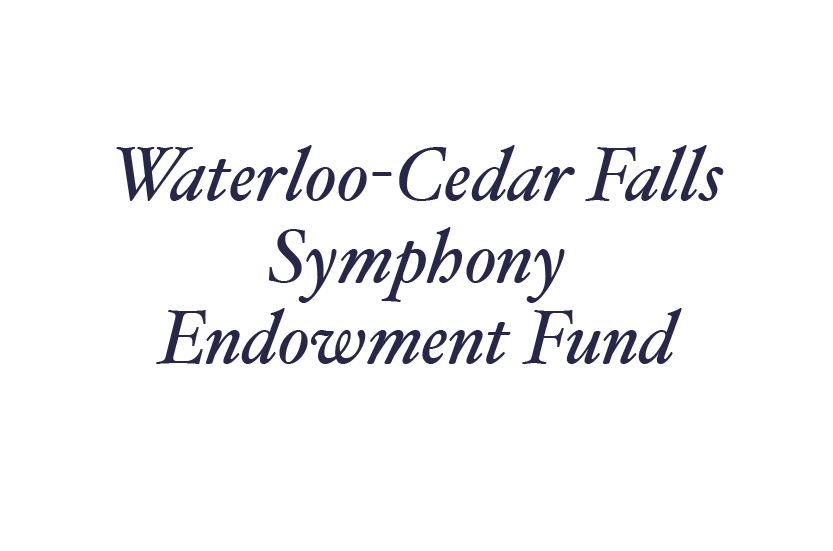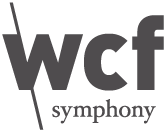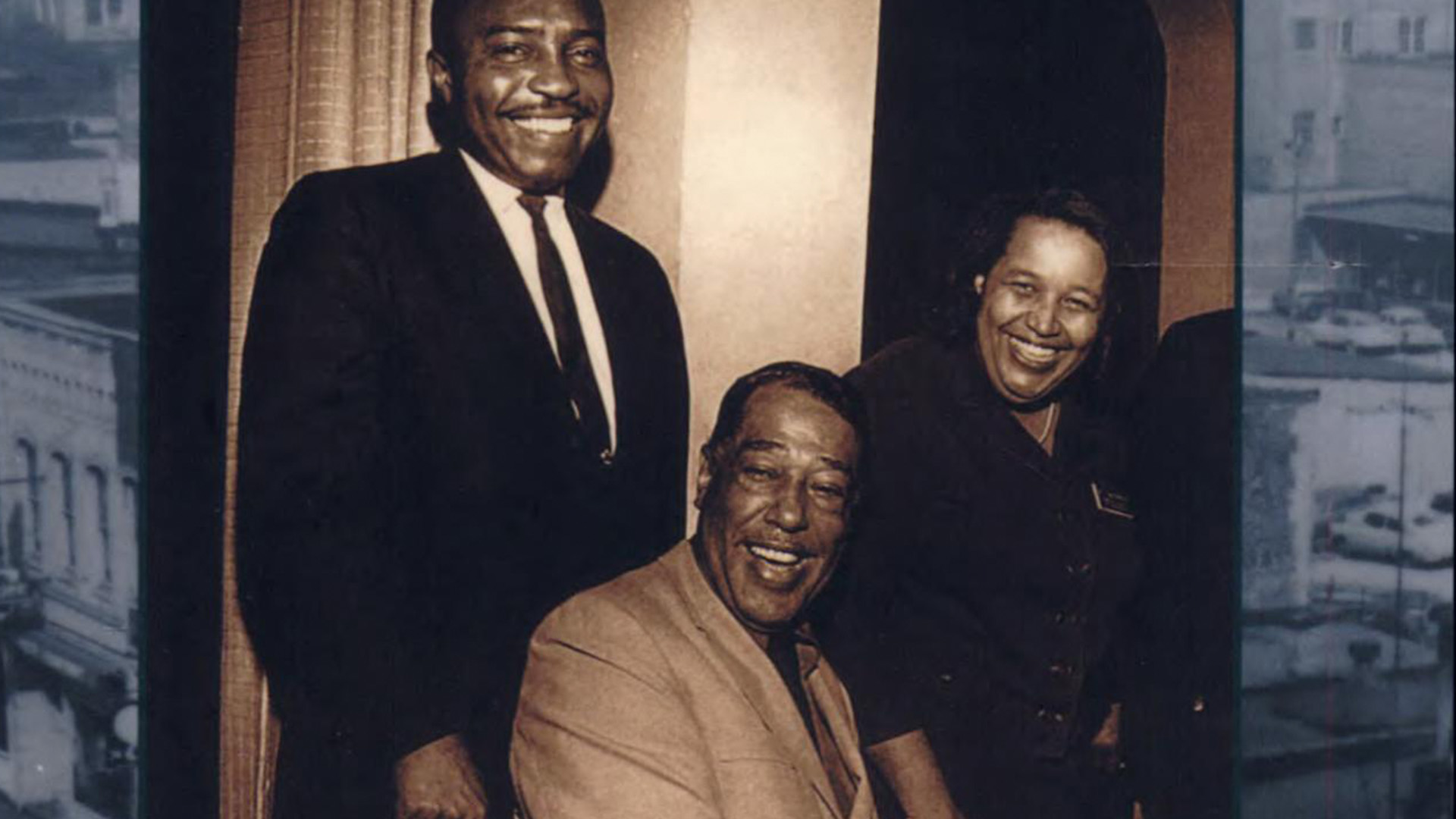
Duke Ellington in Waterloo, Iowa
The Cedar Valley meets under the crescendo of music. Holidays At Antioch served as a way to model this. I am glad that you enjoyed the event.
Pastor Charles Daniel
One of the best parts of putting together the Holidays at Antioch concert was the opportunity to get out in the community and meet the amazing, passionate people of the Cedar Valley. Those with the vision to see the potential of our community, the drive to act for its benefit, and the innovativeness to envision art and music’s role in this important work. In my mind as the executive director, arguably one of the most important parts of my job is to make these connections and tell the story of the organization, to contextualize the music and promote the significance of each concert. In this case, however, while I was out promoting the concert, the story came to us.
Matthew Gilbert is a “licensed attorney, the chair of the Economic Development Chair for the Iowa-Nebraska NAACP conference, president of the nonprofit Iowa Center for Opportunity Resources & Equity Inc. and CEO of MRG & Associates LLP, among other nonprofit, private sector and public service positions.” He joined me on the North End Update with Rocki and Chaveevah to promote the 415 Walnut Collective while I was there promoting our concert featuring Tchaikovsky’s Nutcracker played alongside Duke Ellington’s Nutcracker.
Matthew shared with me a photograph on the cover of the book Life Narratives of African Americans in Iowa, by Charline J. Barnes. The photograph features Duke Ellington seated at a piano in the parlor of a Waterloo home. Over each shoulder, smiling, stands Warren Nash, M.D. and his sister-in-law, Betty Jean Furgerson – Matthew’s grandfather and great aunt.
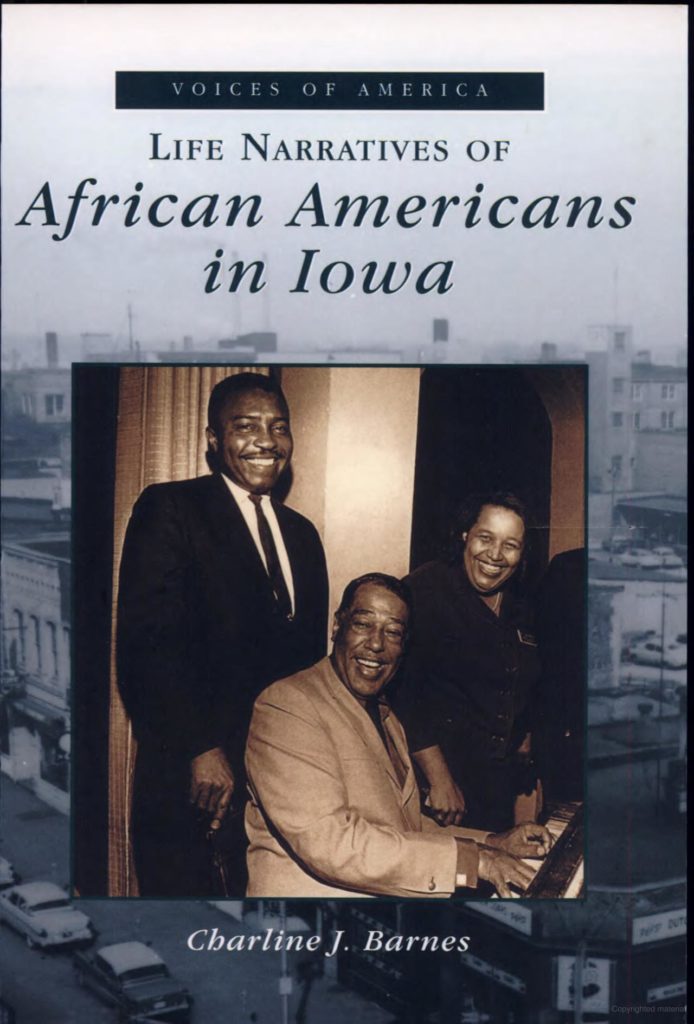
We asked Matthew to tell us his family’s story and talk about how his deeply rooted connection to the East Waterloo community impacted his experience of the Holidays at Antioch concert. Below are excerpts from that conversation in Matthew’s own words.
…[T]he Duke Ellington story really starts with Waterloo being a very, very segregated place, but during Jim Crow, it was also a time of segregation for most if not all Black families. Entertainers, musicians, and even professionals weren’t immune to that.
Having to navigate, how to live life, and how to thrive, as a Black family or the Black professional, you needed tools in order to do so, and we didn’t have this thing called the internet. One of the tools we used during the Jim Crow era, particularly between 1936 to the 1960s, is The Negro Motorist Green Book. [It was] both a travel guide and a tool designed to confront the realities of discrimination in the United States and beyond.
There were a lot of both business networks as well as what they called Tourist Homes.
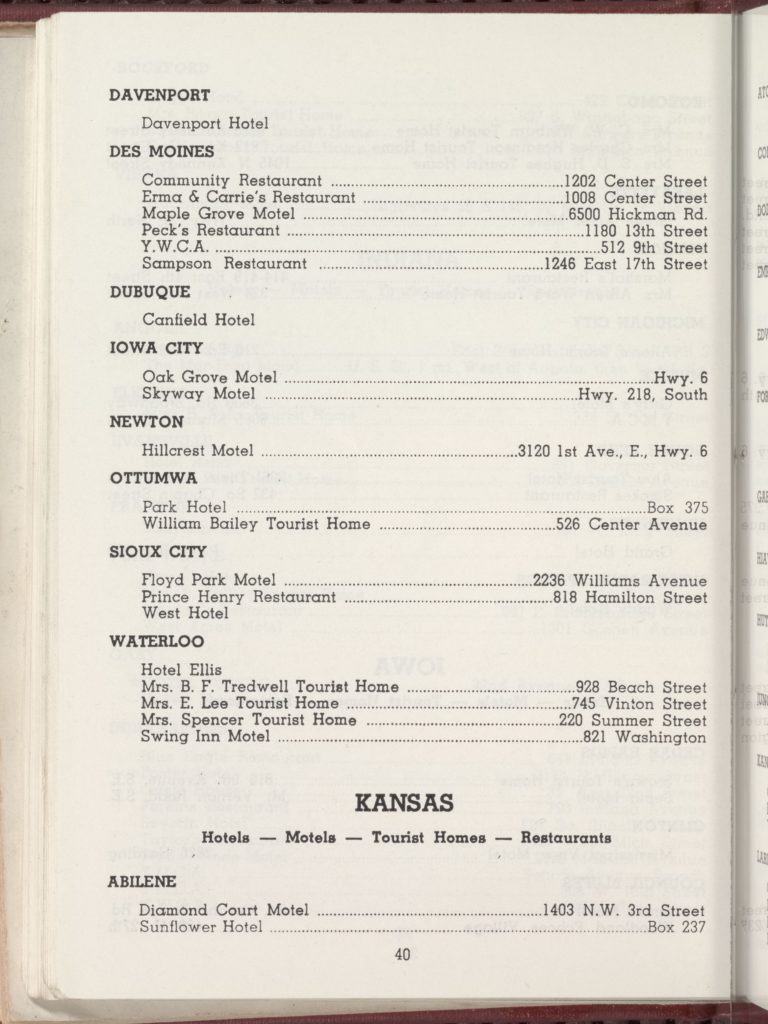
the New York Public library’s website.
With Antioch being one of the first Black congregations in Waterloo, located in a neighborhood that was historically left behind for Black Americans because they couldn’t purchase property on the other side of the railroad tracks, let alone frequent many of the public spaces; the particular act, in it of itself, [of performing Duke Ellington at Antioch] is healing in some respect – kind of reclaiming some of the need for telling this story and telling this memory. Antioch, literally being right across the street, or I’ll say down the street, a block away, from my family’s home, from the home of Dr. Lee B. Furgerson. This was his home, and his home was lifted up as one of these Tourist Homes in the Green Book.
Duke Ellington was known for coming and staying at Dr. Furgerson’s home while he was traveling through the Midwest. I don’t know if there were any stops that he was making specifically in Iowa, but definitely traveling through the Midwest.* Waterloo was the destination because of the Black population.
Hosting Duke Ellington’s Nutcracker in the same neighborhood where he actually used to frequent and stay is really exciting…I love the place-based type of healing that’s happening. In addition to that, you know, it’s really exciting to see, for a moment there, for one of the Tchaikovsky Nutcracker songs, actually seeing a Black maestro up there, navigating the orchestra.
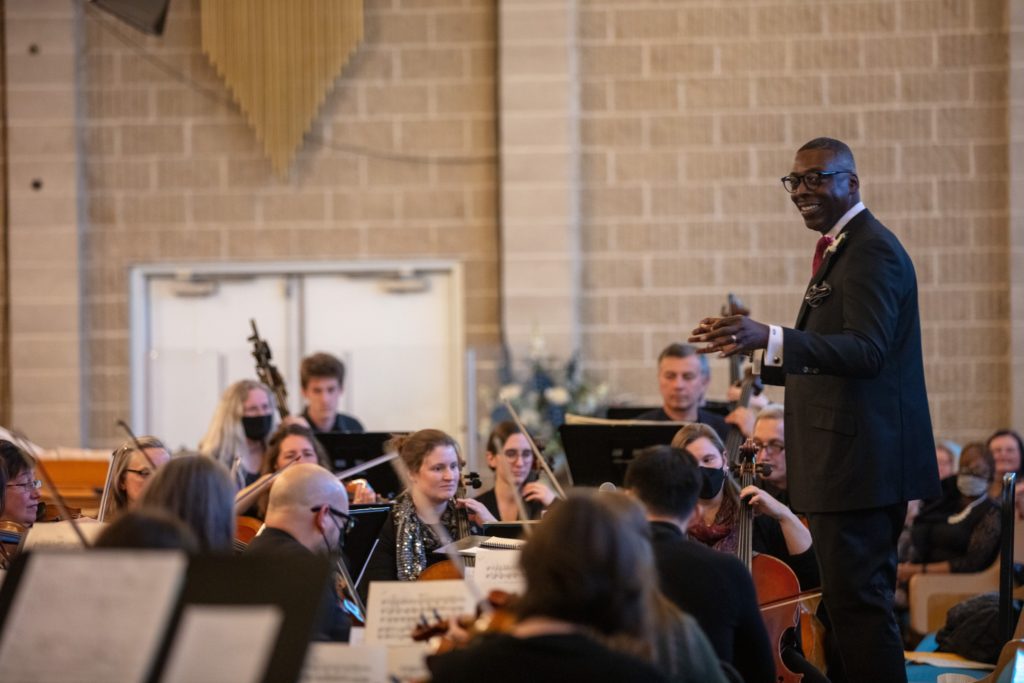
My family is big in the arts, so my exposure to the arts started at a very young age, but it also came with a lot of resistance because I wasn’t really in tune with the classical arts. I grew up in the hip hop generation. So for me, listening to Duke Ellington, listening to jazz, listening to Miles Davis, listening to all of these classical musicians as well, and funk musicians, and the disco era, usually wasn’t a very exciting experience, but luckily I still got exposure to all of that from my aunts and uncles, my mother, and my grandmother.
When we were at the actual symphony hearing those elements of music live, those different instruments hitting different frequencies, both my brain, my body and my soul, man, were just fired up…just thinking of and dreaming and imagining how important not only this story is, but also just how many other families and youth have benefited from being exposed to art in this way.
For youth, who don’t typically have a lot of safe places to dream, classical music provided an ensemble of environment for you to activate on all cylinders mentally, physically, your mind, body, and soul. I think when we talk about strengthening our dreaming and imagination muscles, the power of classical music is something to be considered. In the concert, I was kind of feeling some of that at the time. It was a really exciting experience in a very historic location, and it just so happens that for Duke Ellington’s legacy, he’s totally connected to the land, right? Connected to the neighborhood in that respect.
I just wanted to make sure you understood that and were able to connect this story to what you were doing and share it, and I think it’s important for you to start to really think about the good that you’re doing.
*According to this website, it appears that Ellington in fact performed twice in Waterloo, both times at the Electric Park Ballroom. Once in 1957, and again in 1966.
By Jordan Bancroft, wcfsymphony executive director
